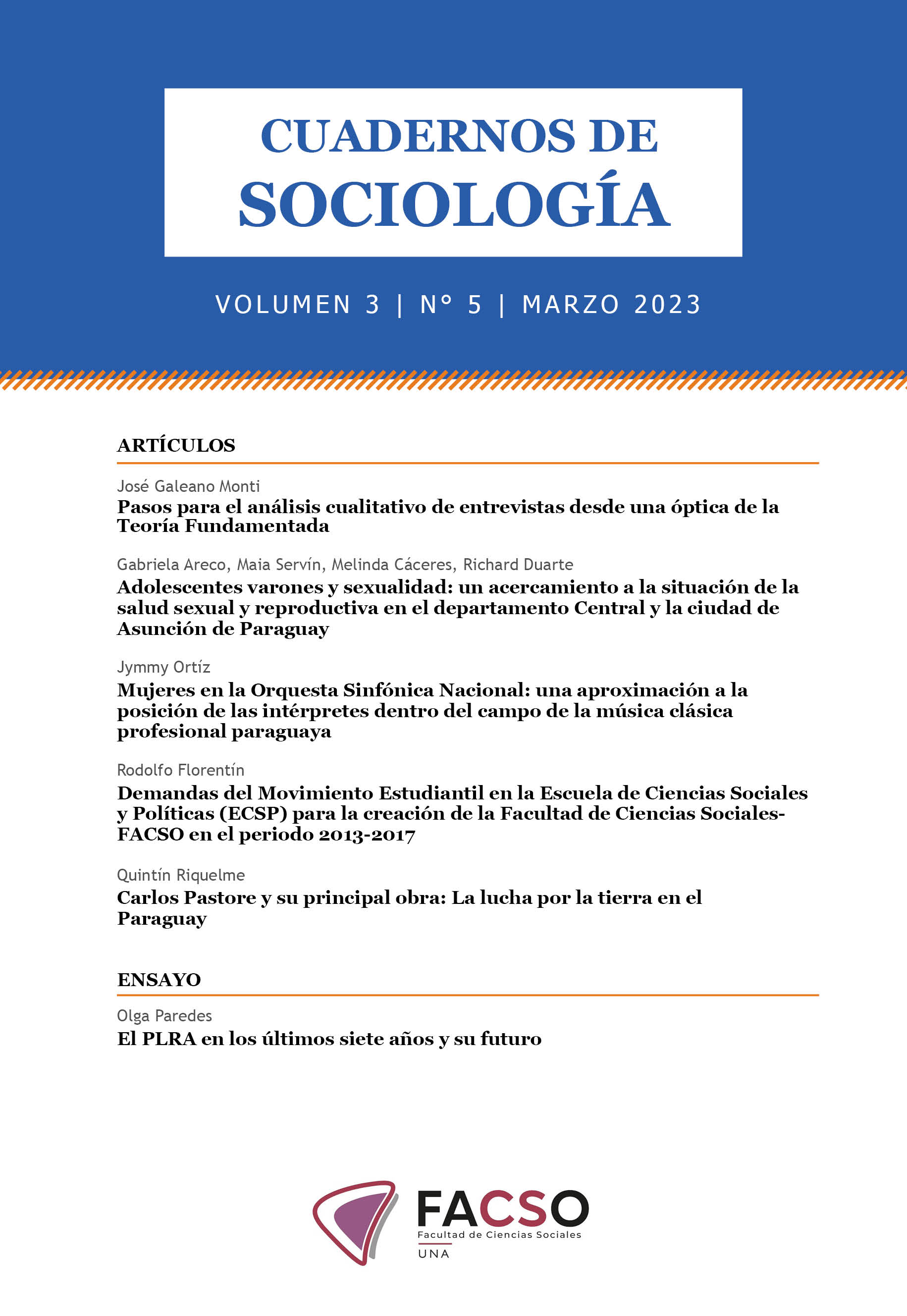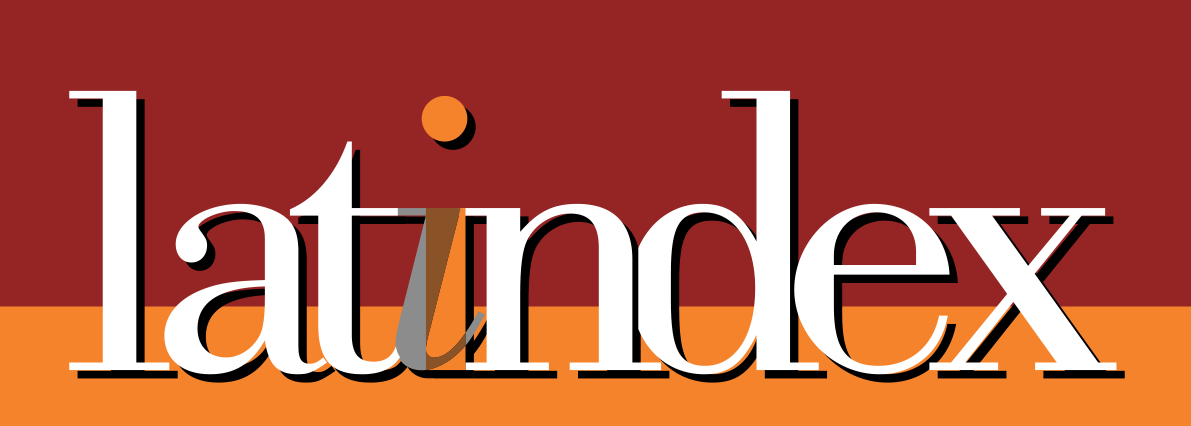Carlos Pastore and his main work ‘The Struggle for Land in Paraguay’
DOI:
https://doi.org/10.54549/cs.2023.3.5.4532Keywords:
Carlos Pastore, land struggle, colonizationAbstract
This work focuses on Carlos Pastore’s book, “La lucha por la tierra en el Paraguay” (The Struggle for Land in Paraguay), considered a classic in rural studies in the country and a significant milestone in the development of social studies in Paraguay. It practically served as the sole reference on Paraguay’s agrarian reality until the early 1980s when new studies and interpretations on rural issues emerged. Carlos Pastore was part of a generation of Paraguayan intellectuals that left a mark during a historical period fraught with social, political, and economic challenges in the country. His work illustrated how the economy, politics, and the lives of the population revolved around land. In it, he exposed the stark social contrasts of the time, resulting from the uneven appropriation of the country’s wealth. His criticisms were directed at large corporations that monopolized the country’s wealth and governments that facilitated the surrender of these riches. Pastore denounced and described in his book the internal colonization and how this colonization persists, despite numerous regulations aimed at a more equitable distribution of land, failing to address its accumulation by a few landowners. He demonstrated this by referencing extensive legal documentation on land, from the laws of the Indies to his own formulation of the Agricultural Statute in 1940.
Downloads
Metrics
References
Almada Roche, A. (2012). Dr. Carlos Pastore. La lucha por la tierra en el Paraguay. https://www.abc.com.py/edicion-impresa/suplementos/cultural/dr-carlos-pastore-la-lucha-por-la-tierra-enel-paraguay-380586.html
Ayala, E. (1996). Migraciones. https://portalguarani.com/318_eligio_ayala/14475_migraciones_obra_de_eligio_ayala_.html
Barba Eguren, M. (2021). Carlos Pastore y el Instituto Histórico y Geográfico del Uruguay: redes intelectuales y homenajes en el Centenario de Artigas. Montevideo. Cuadernos de Historia. Serie economía y sociedad, (26/27), 353-387.
Corbo, T. (2020). Carlos Pastore y “el general de la virgen espada”. Memoria y destino nacional en Paraguay. Revista de Historia de América, (159). https://www.scielo.org.mx/scielo.php?script=sci_arttext&pid=S2663-371X2020000200161
Fogel, R. (2005). Efectos socioambientales del enclave sojero. En R. Fogel, y M. Riquelme. (Ed.), Enclave sojero, merma de soberanía y pobreza. CERI.
Gaona, F. (1987). Introducción a la historia gremial y social del Paraguay. RP Ediciones, Tomo II. http://www.portalguarani.com/1996
García Linera, A. (2009). La potencia plebeya. Acción colectiva e identidades indígenas, obras y populares en Bolivia. CLACSO y Siglo del Hombre Editores. Pensamiento Crítico latinoamericano.
Palau, T. (2012). El agronegocio de la soja en Paraguay. Antecedentes e impactos sociales y económicos. En Palau, M. (Ed.), Es lógico que una sociedad agredida se defienda. Recopilación de artículos 2008-2011. Base Is.
Palau, T., y Heikel, M. V. (1987). Los campesinos, el Estado y las Empresas en la frontera agrícola. Base, Pispal.
Pastore, C. (1972). La lucha por la tierra en Paraguay. Ed. Antequera.
Pastore, C. (1988). El gran chaco en la formación territorial del Paraguay. https://www.portalguarani.com/1996_carlos_pastore/14585__el_gran_chaco_en_la_formacion_territorial_del_paraguay_1989_carlos_pastore_.html












